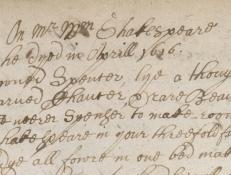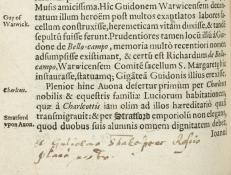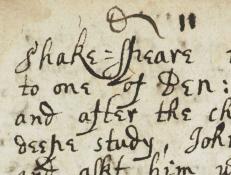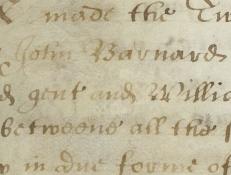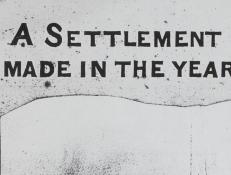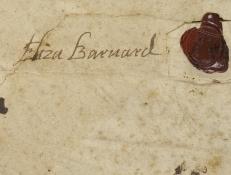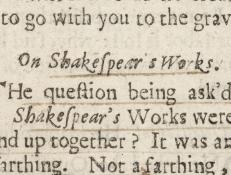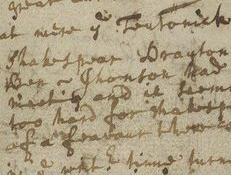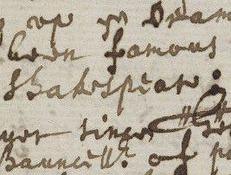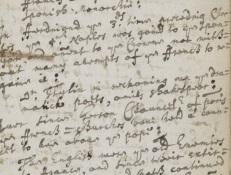Shakespeare died 400 years ago, but today more people than ever know his name, and his plays are among the best-selling works of all time. Shakespeare’s enduring fame was predicted by one of his playwriting friends, Ben Jonson. After Shakespeare’s death, Ben Jonson described him as “a monument without a tomb” and proclaimed that “he was not of an age but for all time!” The first edition of his collected plays in 1623, known as the First Folio, solidified this legacy, and original copies are considered to be some of the most valuable books in the world.
Shakespeare died on April 23, 1616, at the age of 52. He was buried two days later in Holy Trinity Church at Stratford-upon-Avon. The epitaph on his monument, written soon after, refers to him as a writer whose wit exceeds that of all living writers: “all that he hath writ / leaves living art but page unto his wit.” Friends and colleagues acknowledged the loss of the great writer in their own epitaphs and elegies, contributing to his posthumous role as a literary icon.

